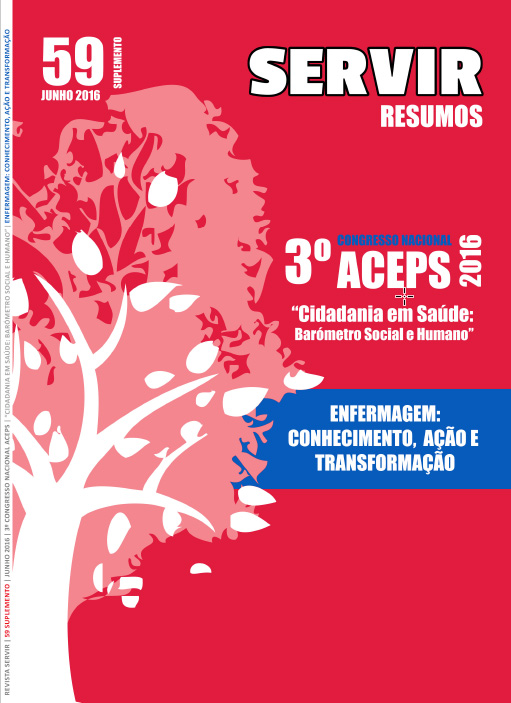Salt consumption, sugar, herbs and spices
DOI:
https://doi.org/10.48492/servir0259.23203Palabras clave:
Food habits, Salt, Herbs, SpicesResumen
Introduction
Currently the scientific knowledge on the therapeutic properties of herbs confirms the benefits of their consumption on health, providing evidence to the modern academy about its medicinal value in the prevention of diseases. Herbs and spices not only provide flavor and color to food but also they are increasingly gaining more notoriety as a condiment and a seasoning, being its use recommended as a good substitute for salt.
Objectives
To evaluate the consumption of salt, sugar, herbs and spices by Portuguese citizens.
Methods
A cross-sectional descriptive study was conducted on a sample of 508 adult participants (52.2% men and 47.8% women) aged between 18 and 93 years old (mean 44.48 years ± 21 SD), living in central and northern Portugal.
Results
Results revealed that:
- 49.4% (16.9% men and 32.5% women) of people consumed salt in amounts greater than 5 g per day; 28.3% consumed ≤ 5 g / day and 15.7% did not add any salt to food;
- The sugar intake was adequate in 9% of people but 7.2 admitted they ingested it too much;
- The spices were consumed by 59.6% of the interviewed people, with a preference on chillies (39.8%).
- Herbs were consumed by 73,6% (69.4% men and 78.2% women), with preference on parsley (57.3%);
- The favorite places to grow herbs were the yards (39.2%) and the gardens (20.5%);
Conclusions
The results show there is a high number of interviewed people that add salt to their food, denoting a high salt intake habit. Alongside to this fact, the consumption of herbs and spices is also growing.
In order to prevent the adverse effects of free salt intake, as positive studies confirmed, there is the need for further intervention on the subject, promoting food education and healthy eating habits, based on the good use of Mediterranean diet.
Descargas
Descargas
Publicado
Cómo citar
Número
Sección
Licencia
No intuito de promover a livre circulação do conhecimento, a Servir funciona em regime de acesso livre (open access). Todo o seu conteúdo está disponível e protegido sob a licença Creative Commons (CC BY 4.0).
A revista permite o auto-arquivo em repositórios institucionais de todas as versões, podendo ficar imediatamente disponíveis.






